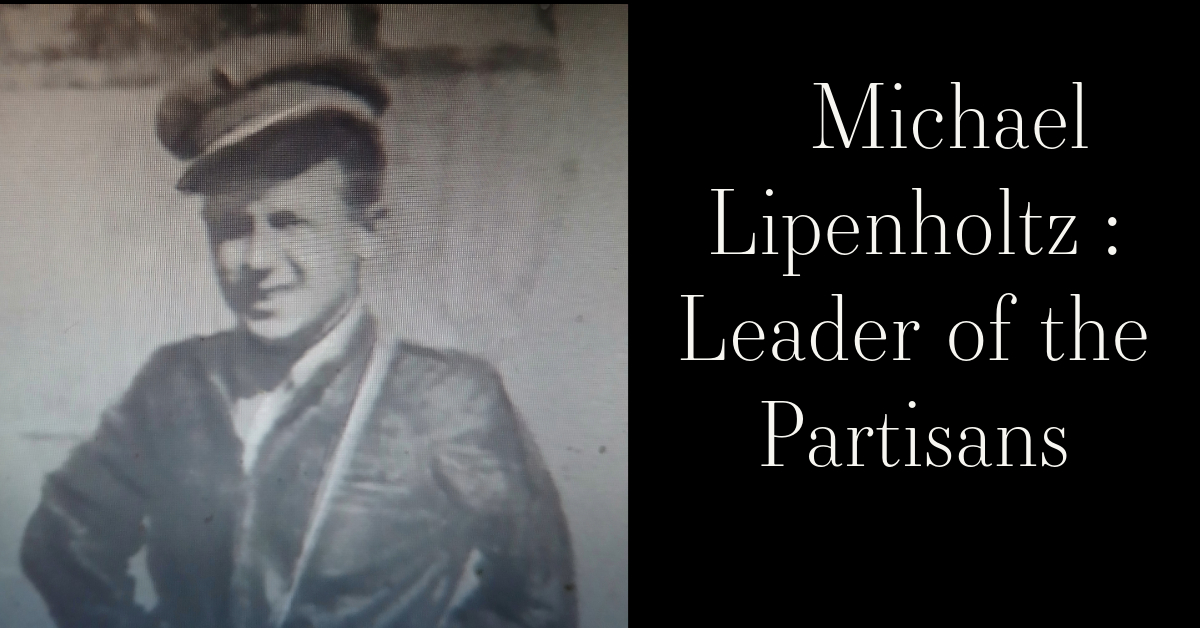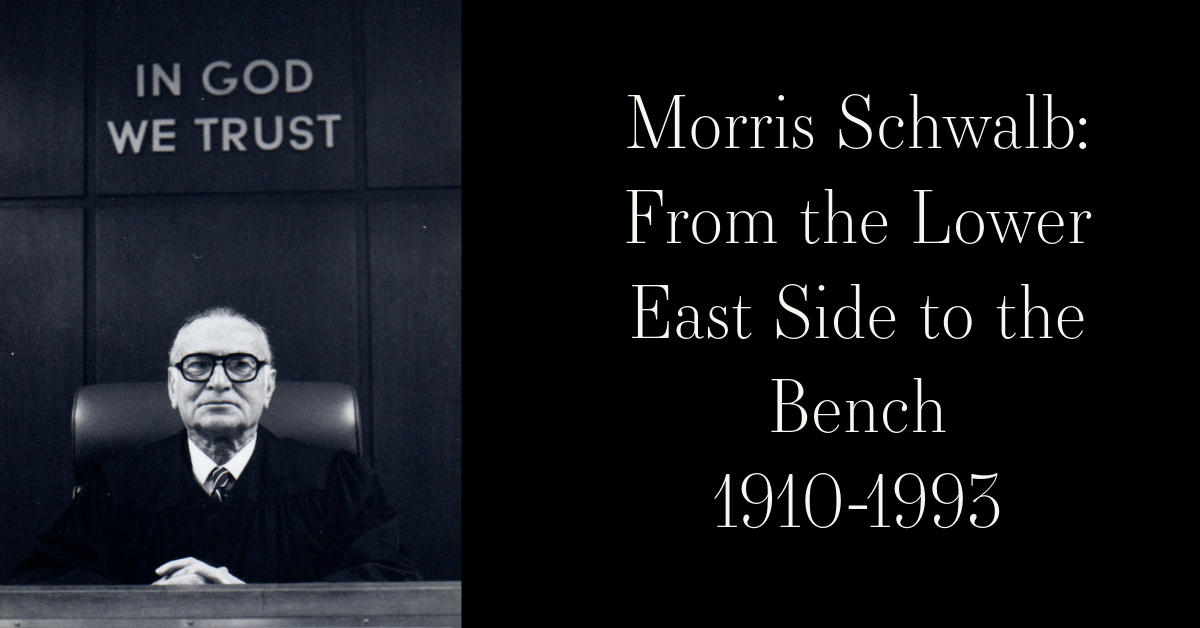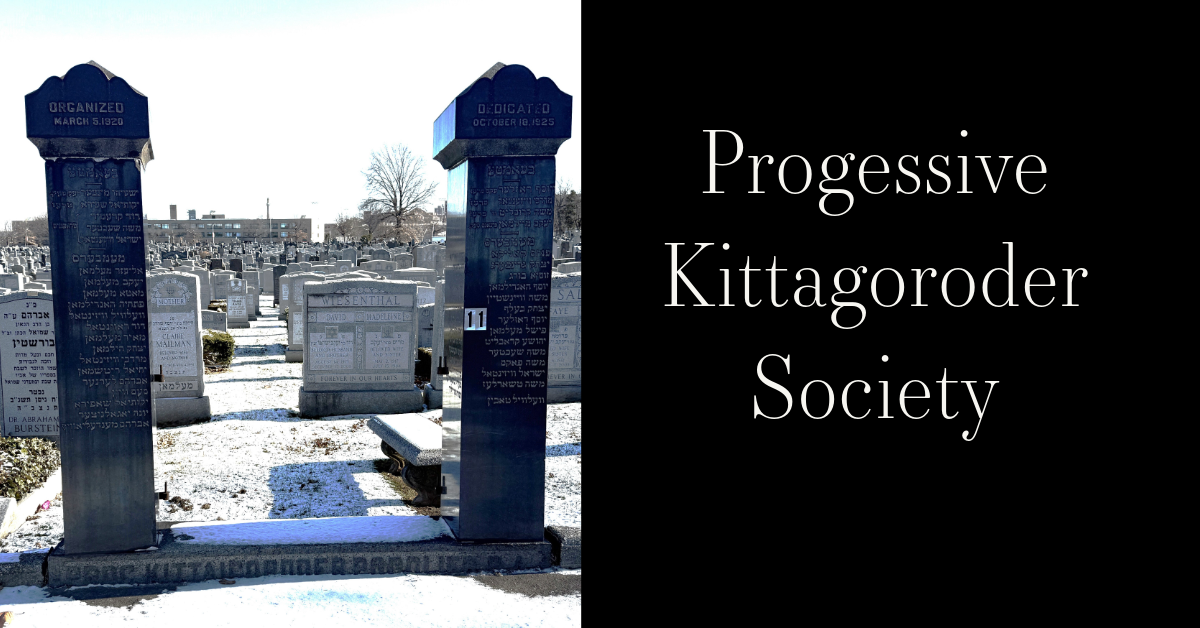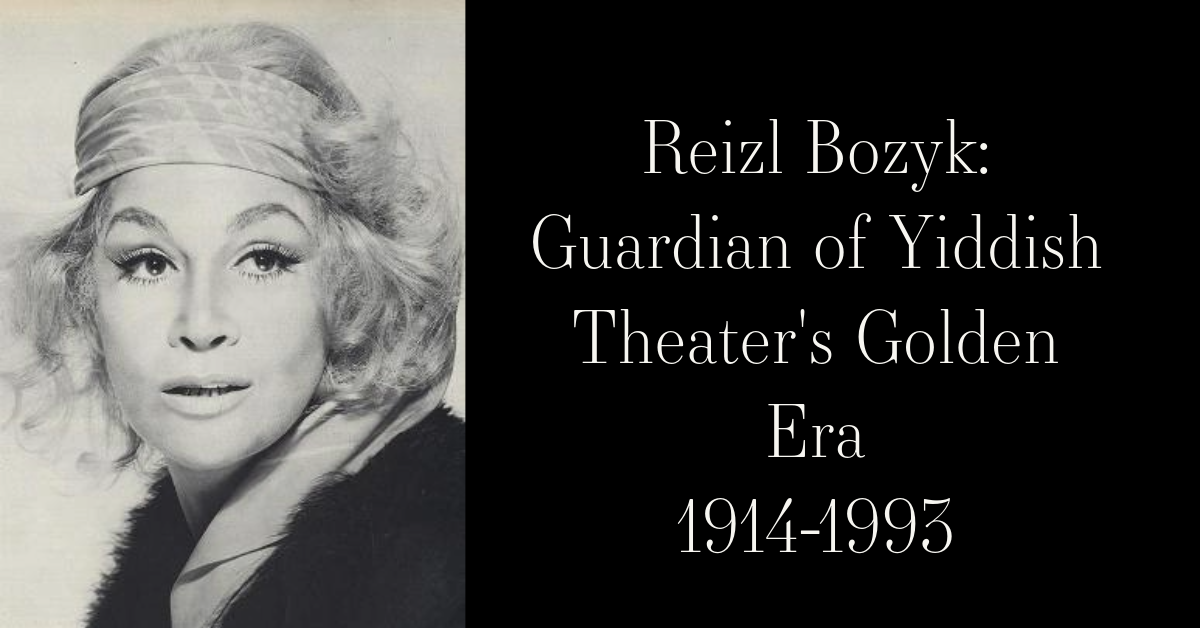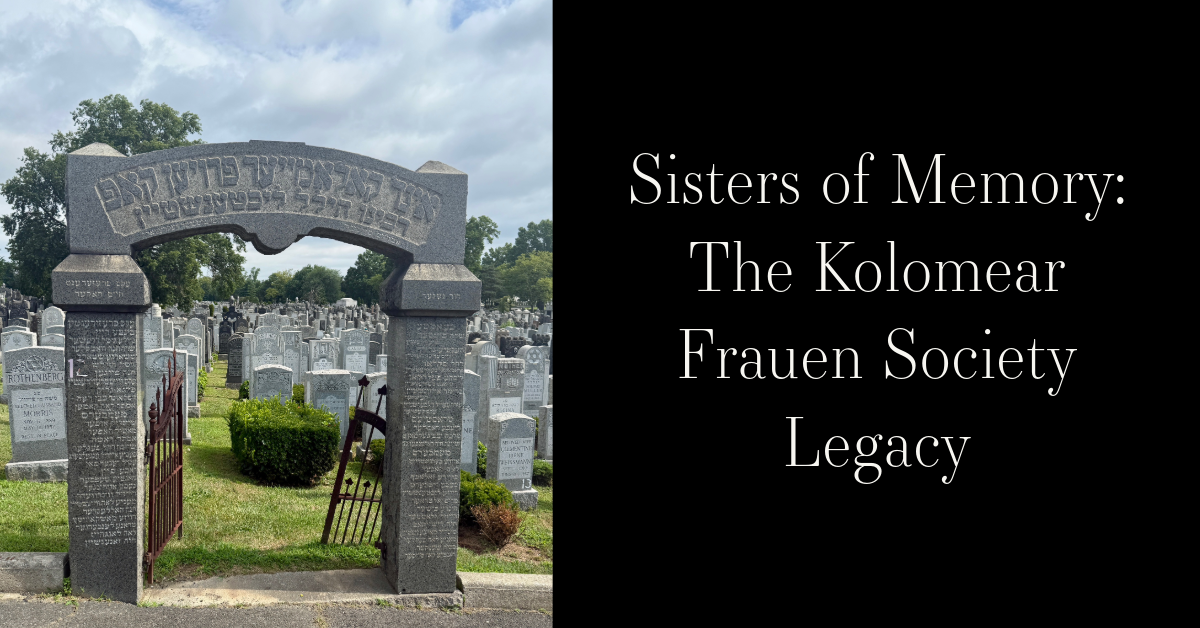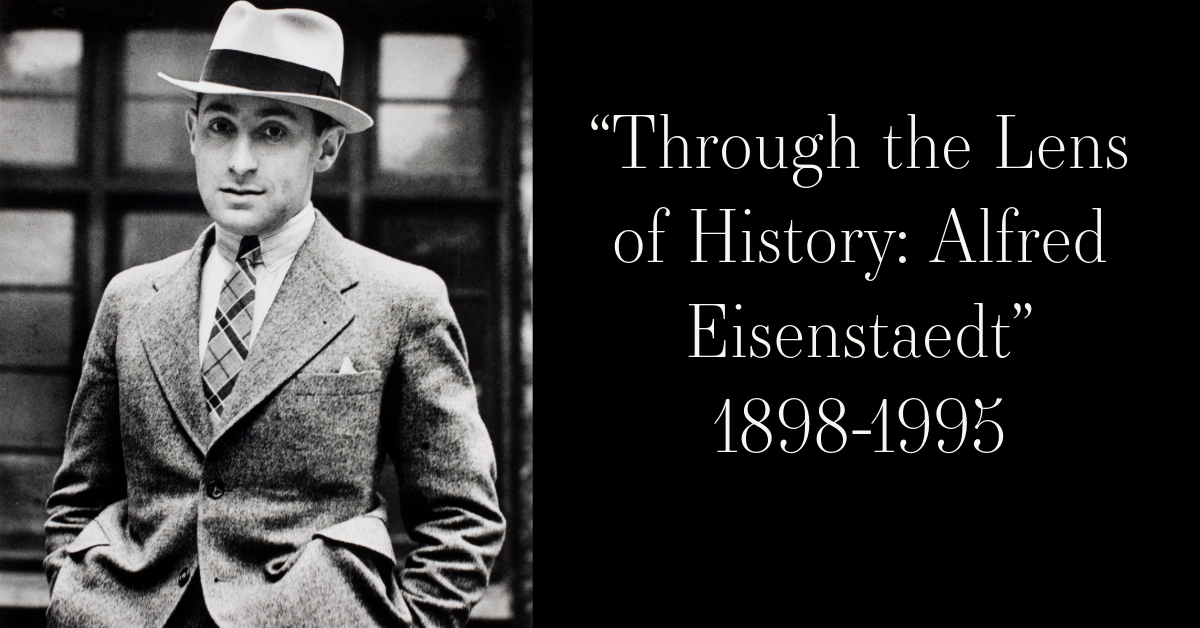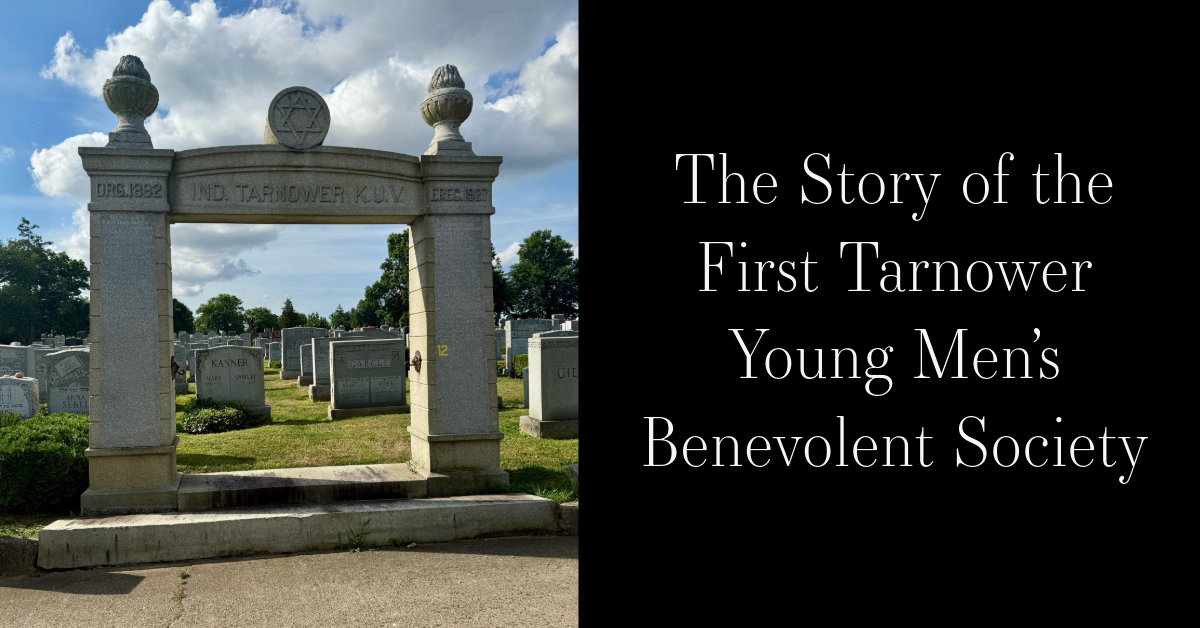Michael Lipenholtz : Leader of the Partisans

Michael Lipenholtz was born on in November 1917 in Vilna, Poland. His family consisted of his father, Chaim, his mother, Sonia Bishchiks and his younger brother Moshe. Mr. Lipenholtz was employed in a grocery store. Michael was raised by Orthodox Jewish parents and he recalls his father going to the Shul every day and on Shabbos. Chaim made Kiddush for the family on Shabbos and Michael remembers his mother baking Challah. Michael also recalls his father picking grapes, allowing them to ferment, squeezing them out and then making wine for the family.

The Lipenholtz family had a maid named Rosalia who was not Jewish. She took Michael to Church with her on Sundays unbeknownst to Mr. and Mrs. Lipenholtz and hung a crucifix around Michael’s neck. When Michael’s parents found out what where the maid had been taking Michael, the maid was promptly discharged of her duties.

The Lipenholtz’s resided in a 4 room Apartment. They knew what was going on in the world since they followed the news on their radio. Michael recalls one day when he was sitting in front of the family store and someone snuck up behind him and struck him with a hammer. This incident made Michael realize for the first time just what antisemitism meant.
During Michael’s childhood, the Lipenholtz family were doing well since, as Michael stated, “they had everything good.” Michael mentioned an incident regarding the whiskey in the family Grocery store. The family took the whiskey from the store and brought it into their apartment and hid it behind a curtain. When the Germans came into their town, they went apartment to apartment and rounded up all the men in the village without giving anyone information regarding where or what. The Germans only said that these men would be taken to work. Later, the villagers learned that the Germans had lied and these men were actually taken directly to Ponary where they were killed. A friend of Michael’s brother escaped from his village in Poland and lived with the Lipenholtz family for a while. Soon, the family had many new tenants in their apartment, although there were no men. Michael marvels at how the Germans apparently took all the men that they could find, yet, oddly, they did not take any men from the Lipenholtz apartment.

Four or five German men came into the Lipenholtz home and one of them noticed the corner of the room where the whiskey was kept. One of the men said that he wanted to take the whiskey out but couldn’t take it since he had the men. Mr. Lipenholtz told the German to return later and take the whiskey.
Michael describes how before the people were taken into the Ghetto and they were told to take all of their bundles with them. Michael was the only one in the family who was able to carry almost all of the bags. Michael found that it wasn’t easy carrying the packages into the Ghetto especially the bulky bathtub for his brother. Michael recalled the entire family sitting on the sidewalk waiting for someone to show them how to get into the Ghetto. He remembered seeing a Ukrainian man standing with a rifle and peering at Michael. Michael did not know what the man wanted him to do. The man began chasing after Michael but Michael fortunately managed to evade the man and get away.
People arrived to the Ghetto and could not find any housing. Michael spied people laying in the street because there was no place for anybody. The women and children who arrived did not have the strength to move. Technical jobs were Michael’s specialty. He was able to do electrical work and plumbing while in the Ghetto and he remembered to bring his tool box with him in case he would need them.
Many Jews had previously resided in homes in the Ghetto. Once the Germans drove these people out of their homes, they locked their apartments in anticipation of returning sometime in the future. Michael worked on breaking into several of the abandoned apartments. He then invited the homeless people into these homes. In one house, Michael was sad to see cups of tea on the table as well as food.
Michael came into the Ghetto wearing yellow stars on both the front and back of his clothes. Soon after Michael arrived, he pulled both stars off his clothes. He had been previously told that he did not look Jewish and Michael did not want people to realize he was Jewish when they saw the stars. Michael was able to get out of the Ghetto but he had no place to go and no place to buy food. Since Michael had almost no possessions in the Ghetto, he had to go out of the Ghetto and “take his chances”.
Michael’s father knew some gentiles who had a grocery store business that his parents used to purchase from. Michael wondered, “What did I have to lose, I would die here (Ghetto) anyhow.” Jews were not allowed to walk on the sidewalk, instead they had to walk in the street. Michael did not follow the laws and walked on the sidewalk without his stars. He went to find the Gentile he knew and asked him for food. The man said, “I haven’t got nothing to sell you.” Michael responded, “What do you mean that you don’t have anything? You want me to come back?” The man told Michael that the only thing he had were strawberries. Walking on the sidewalk, Michael carried the strawberries back to the Ghetto. Michael stated that he had a good number of strawberries to sell, “I was (considered) rich in the Ghetto.” Michael used to go out everyday and he knew everyone. Everyday he did the same thing. Michael realized that in order for anyone to get food in the Ghetto, they had had to bring something into the Ghetto that they could sell.
There was a search in the Ghetto to find someone to instruct the men about gun handling. Many knew Michael from before since he had been a soldier. Therefore, he was immediately contacted. Michael was asked to prepare the men who had already owned arms. In the beginning, Michael went house to house to teach the people gun handling skills. People were still uncomfortable carrying their guns when they left their homes and were fearful that they might be stopped and searched.
Michael worked as a plumber in the Ghetto. He had a diploma and was allowed to get around by himself. Michael knew ca man who could help him by taking Michael on as a partner. The guy took Michael to work for him with a couple of other guys. The men had to go together with someone else to any of the jobs they went to. There were approximately 50-100 people who went from the Ghetto to work. All of these people came back together after work. Nobody who lived in the Ghetto got paid for working.
The only money Michael needed was for a haircut. He did not have a haircut for a year. When Michael got into the Ghetto , they took him to the Partisans. The Partisans needed Michael since he was a specialist in many areas and a very talented guy. Michael became an instruction in handling arms (riffles). A lot of the guys there got killed or wounded.

Michael stated that during the War years, bullets were important. Michael noted that a person could possess arms but only own two bullets. People were unable to buy anymore bullets. Michael became reacquainted with a guy named Ring who was a refugee and a guy he knew before he got into the ghetto. In the Ghetto, they were looking to hire policemen and many guys applied. The Precinct belonged to Ring and Ring was the head. Michael was disinterested in becoming a policeman, and instead he became a Commissar. He was soon a Commissar with a top ranking. He was the commanding officer of the Partisans. The Precinct belonged to Ring and Ring was the head. Michael was the commanding officer of the Partisans.
Michael showed people how to go out of the Ghetto. Ring hired a Lithuanian guy to be the Chief of Police. Michael watched him walk with a gun slung over his shoulder. Michael left the Ghetto and began to reside in the woods with the FPO Partisans.

Michael had experience blowing up the train tracks although this was the last thing Michael had to do. The commanding Lithuanian government provided information regarding what had to be blown up. He returned to the base where everyone had been staying but nobody was currently there. The Partisans had left for Vilna. Ring previously told Michael where they went. Michael arrived with a lot of people with him whom he sent back to various other places. Michael was the last one who went to Vilna.
When the war started, people didn’t want to give food to them. When the Partisans had to eat, they robbed others to get food. In the beginning, they didn’t have a spoon, fork or plate and they had no food. People initially didn’t want to give food to them. Michael put a handkerchief over his face because he was ashamed to show himself to the guys.
Michael brought sheep back that the others caught and then someone had to cut the sheep’s throat. The men couldn’t handle cows or oxen so they didn’t take them. Butchers were the ones who became specialists in killing animals for food. They could pull an ox by his horns and then cut its throat. Many did not know how to cut, shoot or anything related to getting the sheep prepared to be food.
All the Partisans were Jewish when the group was first formed. Later on, there were some non-Jewish guys who escaped from Holland who joined the Partisans. If these Gentiles were friends of the Jews, Michael took them in. The Partisans were there over a year and then had to go elsewhere. They had no essentials such as a towel, soap, hot water or cold water. The men had to begin building bunkers. This time, Michael accepted a new position, that of a building technician. Michael built the bunkers which were still standing as of this interview. Those people who were in the Partisans and left, came back.
Michael was a Commander. He was supervised by a guy from the Communist party. There were 300 people who were their responsibility. Ring said to Michael, “At least, we did this. If we wouldn’t have been there, these people wouldn’t have survived.”
The Partisans had to lay explosives one after the other during the process of blowing up the tracks. A lot of people got killed in this business. But not Michael. They said, Michael was a lucky guy. Everyone wanted to go with him. Michael thought that it wasn’t luck.
Michael was the first one who went to the Russians. There was a general from the Royal Air from Lithuania. Michael could eat in the places where the higher officers ate. He had good dinners and could buy a couple of packs of cigarettes.
Michael’s group was in contact with other Partisan groups. The Lithuanian government came and the Russians gave them a place so they took it. They did not mingle together aside from the times when people had to do things together. They paid a man backpay and if they gave $10 to a fighter, they then also gave them $100 because he was an officer. Eventually, they forgot about you and then it was everyone for themselves just as it was at the end of the war. Similarly, after the war, Michael remained the leader, and whenever anyone needed someone or something, they continued to come to Michael.
After the War, Michael didn’t go back to the town he grew up in. He would not go back for anything. Michael asked, “Why do I have to, it is a Cemetery.” Michael left his parents in a big bunker that had an exit to the Sewers. Michael paid a lot of money to get in. He figured that if his parents were caught in the bunker, they could go into the Sewers and get out. This is what happened. They were older people and couldn’t take it (what they had to do).
One day, Michael was going with his Partisan group and they met a guy from Vilna. Michael saw right away that this was a Jewish guy so Michael asked what was going on in the Ghetto. The man asked, “Which one? They are breaking a bunker to get in and could not get in.” Ring was with Michael and Michael asked Ring to go back since Ring’s parents were in the bunker also. Ring told Michael that they were liquidating the ghetto. The Germans met a Jew in the vicinity who said, I’ll show you where there are a lot of people.” This man took the Germans to the bunker.
Some people did not want to let Michael and Ring go because they knew too much. They told Michael and Ring about their fears saying “if they catch you, they will torture you and you will tell them where we are.” Michael responded, “OK. If you won’t let us in, we’ll go someplace else.” They came to Vilna to a place where they used to make things for the soldiers on the front. It was a place where the Jews were still working in the Ghetto.
The Germans were unable to break into the bunker because it was something that the Partisans did. Michael came from the other side and gained access to the bunker. When they got in, they found out that their friend Green’s mother had a place someplace in the country but they didn’t tell him about it and he did not ask them where it was.
They came into “Kylis” where fur used to be manufactured for the soldiers. Ring was there with Michael’s parents with maybe a hundred other people who were in the bunker. The bunker was between the Ghetto and the outside. People should have been able to get into the Bunker through the sewers and from a town. Michael had to go by himself to his parent’s bunker. When Michael got to the bunker, it was empty except for a woman who was left there with a baby and had nowhere to go. Michael took her to another bunker. In the meantime, it got dark. When it became dark, you couldn’t go out in the streets. There were a lot of catchers who caught Jews and took them to Ponary. Michael took the girl to the other bunker and returned to the place where he was sleeping.
Michael met two big policemen who were going on the side of the Kylis. The two Policemen and Michael were the only ones on the street and Michael thought to himself “what did he have to lose?” He placed his gun in a pocket. He knew what he wanted to do but they did not know what to expect. They shined their lite in Michael’s eyes and said, “Excuse me?” Maybe they had a feeling that Michael was Jewish. The police man was 6 foot tall. They asked Michael to stay and live there with their Partisan group. It could be almost a normal life in Kylis.
Michael remained in Kylis for a week but couldn’t stay there longer and decided he was going back. Michael’s brother had a wife and child and he had been under protection from his father-in-law. Moshe was employed as an unpaid Chimney cleaner. When the Germans liquidated their town, they took the whole group including the Chimney cleaners. Ring could have done something to help Moshe, but he didn’t. Ring, the Commissar, was eventually shot to death by a Jew who killed other Jews. Someone from the top put out a hit on Ring and they killed them. The Jews fought amongst themselves in the Ghettos.
After the war in Vilna, Michael left and went to Bari, in the South of Italy. He lived in Italy for 8 years and he made a good living and had a good life. Then Michael was in a car accident and he was hospitalized in serious condition.
Michael had a mission and went to Palestine. The Israeli’s sent a guy who gave Michael orders and he took over for him. Michael won an election in this country. Then Michael went to Milan and saw people living normally having a good life. He wasted time here after the election- for nothing. Some people here made money selling cigarettes. Michael was almost out of money and he couldn’t make a penny in business.
The Shin Bet, Secret Police, had a lot of money. People had families in Poland but no one went to Poland now because there were no papers and no government. Jews and Poles had families but no none could go because the Russians were there. Michael went without papers, with nothing. He threw everything out when he went to Poland. Michael was in Poland for 16 days. There were Pogroms going on at the time and the antisemites stopped trains, took Jews out or came on trains and went around shooting Jews. In Kielce there was a Pogrom. People told Michael, “Don’t go.” However, Michael said “I have to do it,” and he went. In 16 days, Michael brought everyone together and brought everyone to Italy. He had money and everything was good.
Suddenly, Michael’s livelihood and good life vanished into thin air when Michael was severely injured in a car accident. When the Emergency Medical team first saw Michael, thought he was already dead. The accident caused a great deal of damage including the top of Michael’s head splitting open from ear to ear, his face caving in and a leg shattering. Michael wasn’t scared. He had money saved and thus got the best service in the hospital in Bologna. Bologna had the largest orthopedic hospital in Europe. This was the hospital that was treating Michael. The staff put weights on Michael’s legs, put him in a special bath, and casted him for three months. However, Michael didn’t care and after a few months, he recovered.
Michael met his future wife during the time he was in Vilna. After their marriage, they stayed in Italy for a year. In the United States, Michael and Eta Lipenholtz lived in New York and Michael was employed in the Contracting profession. They had two children, Shelley and Charles.
Michael Lipenholtz died on August 15, 2000 at the age of 82. He was buried in Mount Hebron Cemetery in New York.

~Blog by Renee Meyers


